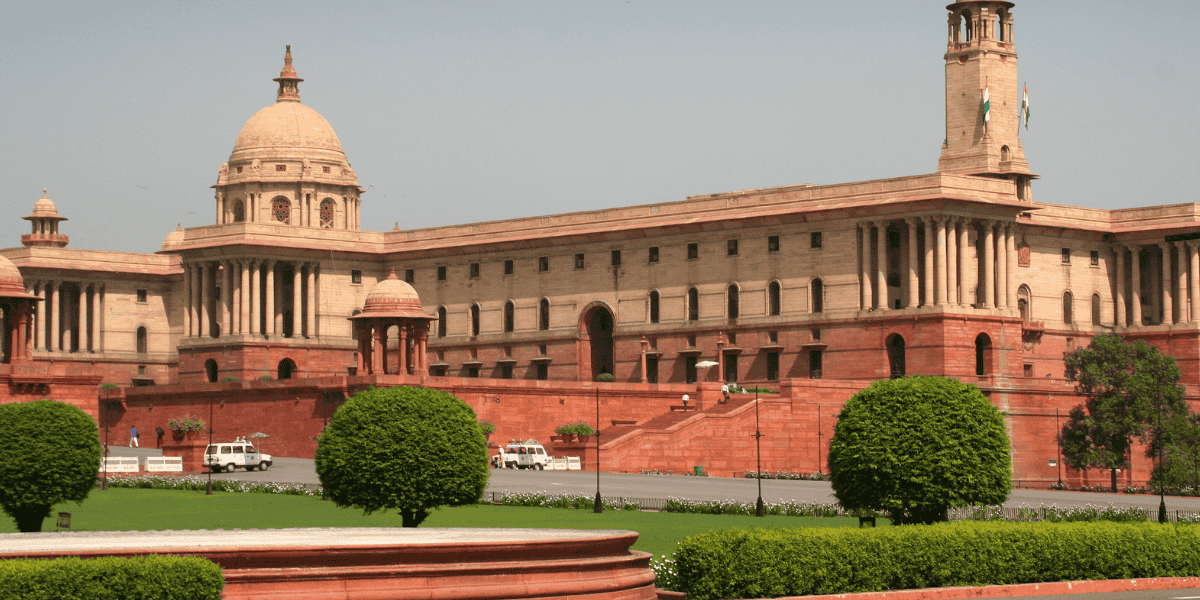India’s government has introduced revisions to the proposed amendments to the Income-tax Act, 1961, as outlined in the Finance Bill, 2025.
The Lok Sabha passed the Finance Bill 2025 on 25 March 2025, incorporating 35 government amendments. The Finance Bill 2025 is part of the Union Budget 2025-2026, which Finance Minister Nirmala Sitharaman presented on 1 February 2025.
This Budget seeks to accelerate growth, secure inclusive development, invigorate private sector investments, uplift household sentiments, and enhance the spending power of India’s rising middle class.
The key revisions to the Income-tax Act, 1961 include:
- The equalisation levy on online advertisement services provided by nonresidents will be repealed, effective 1 April 2025.
- Securities held by investment funds and invested in compliance with SEBI regulations will continue to be treated as capital assets. This treatment is extended to securities invested under the IFSCA Act, 2019.
- The presumptive taxation scheme for nonresidents engaged in electronics manufacturing services has been expanded to include income from royalties or fees for technical services, which were previously taxed on a gross basis. The Finance Bill 2025 proposed the introduction of presumptive taxation at a rate of 25% on revenue earned by nonresidents providing services or technology to India’s electronics manufacturing sector.
- The criteria for tax exemption qualification for funds in the International Financial Services Centre (IFSC) have been simplified, removing the need for separate conditions.
Earlier, India’s Central Board of Direct Taxes (CBDT) released details about the Income Tax Bill 2025, which was presented in parliament on 13 February 2025. The Union Cabinet approved the Income Tax Bill 2025, which will supersede the old Income Tax Act of 1961.
















